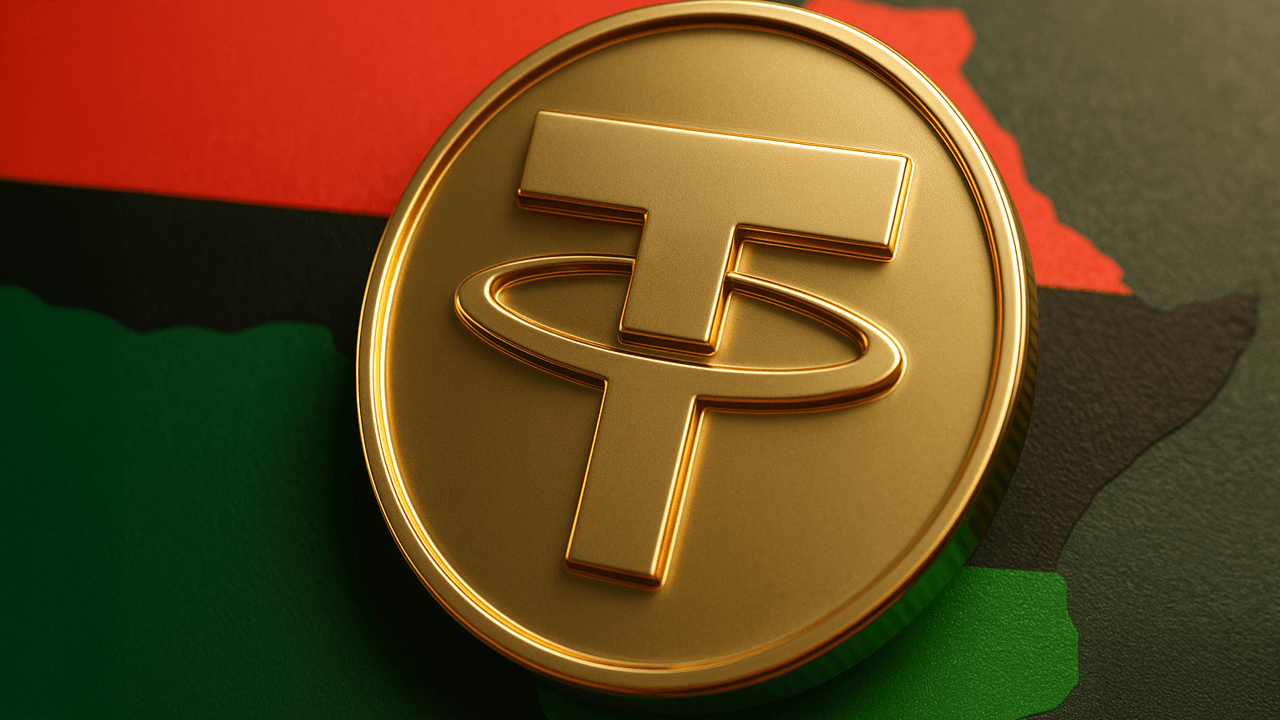Bridging the Digital Divide: Tether’s Foray into Zanzibar and the Future of Financial Inclusion in Africa
The digital revolution has transformed global finance, yet millions in Africa remain excluded from traditional banking systems. This exclusion stems from infrastructure gaps, high costs, and regulatory barriers, leaving vast populations underserved. However, the rise of blockchain technology and digital assets presents a promising solution. Tether, a leader in the stablecoin market, has taken a significant step toward financial inclusion by partnering with the Zanzibar eGovernment Authority (eGAZ). This collaboration aims to advance digital asset education, promote financial innovation, and strengthen Africa’s digital economy. By examining this partnership, Tether’s broader strategy, and the challenges of financial inclusion, we can better understand the future of digital finance in Africa.
The Strategic Importance of the Tether-eGAZ Partnership
The Memorandum of Understanding (MoU) between Tether and eGAZ marks a pivotal moment in Africa’s digital finance landscape. This alliance is designed to unlock the potential of digital assets in Zanzibar and beyond, with three primary objectives:
Tether’s CEO, Paolo Ardoino, underscored the company’s commitment to advancing financial literacy and sustainable blockchain innovation in Africa. This partnership is not just about technology; it is about building a foundation for financial inclusion, local capacity building, and sustainable progress that adheres to international best practices.
Tether’s Broader Strategy in Africa
The collaboration with Zanzibar’s eGAZ is part of Tether’s broader strategic push into the African financial ecosystem. With a significant share of the global stablecoin market, Tether has been actively expanding its footprint in Africa through collaborations and strategic investments. This expansion is driven by the recognition of Africa’s potential as a hub for digital finance innovation and the growing demand for accessible and efficient financial solutions.
Tether’s influence in Africa is further underscored by its recent investments in the region. These investments reflect the company’s commitment to empowering African enterprises, building economic resilience, and facilitating greater participation in the global economy. By leveraging USD₮, Tether’s U.S. dollar-pegged stablecoin, the company aims to accelerate financial inclusion and unlock global liquidity for African businesses.
The strategic investments in Africa are not just about financial gains; they are about creating a sustainable ecosystem where digital assets can thrive. By working closely with local governments, regulators, and financial institutions, Tether is laying the groundwork for a more inclusive and efficient financial system.
Addressing the Challenges of Financial Inclusion
Financial inclusion remains a significant challenge in Africa, with a substantial portion of the population lacking access to traditional banking services. Several factors contribute to this challenge, including:
Digital financial services, particularly mobile money and blockchain-based solutions, offer a promising avenue for addressing these challenges. Mobile money has already made significant strides in promoting financial inclusion across Africa, enabling millions of people to conduct transactions, save money, and access credit through their mobile phones. Tether’s foray into Zanzibar and its broader efforts to promote digital asset education and adoption have the potential to further accelerate financial inclusion by providing access to a wider range of financial tools and services.
The Role of Blockchain Technology in Africa’s Economic Future
Blockchain technology, the underlying technology behind cryptocurrencies like Bitcoin and stablecoins like Tether, holds immense potential for transforming the financial landscape in Africa. Some of the key benefits of blockchain technology include:
By promoting the adoption of blockchain technology, Tether and eGAZ are paving the way for a more inclusive, efficient, and transparent financial system in Zanzibar. This can unlock new economic opportunities, empower local businesses, and improve the lives of ordinary citizens.
Ensuring Sustainable Progress
While the potential benefits of digital assets and blockchain technology are undeniable, it is crucial to approach their adoption in a responsible and sustainable manner. This requires careful consideration of several factors, including:
Tether’s commitment to regulatory clarity and its focus on education and capacity building are commendable steps in the right direction. By working closely with regulators and engaging with local communities, Tether can help ensure that the adoption of digital assets in Zanzibar and across Africa is both sustainable and beneficial.
Conclusion: A Future Forged in Innovation and Inclusion
The partnership between Tether and the Zanzibar eGovernment Authority represents a significant milestone in the journey towards financial inclusion and digital transformation in Africa. By combining Tether’s expertise in digital assets with eGAZ’s commitment to technological advancement, this collaboration has the potential to unlock new economic opportunities, empower local communities, and build a more inclusive and sustainable financial future. As Africa embraces the digital revolution, initiatives like this one will play a crucial role in bridging the digital divide and creating a brighter future for all. The path forward is not without challenges, but with strategic partnerships, regulatory clarity, and a focus on education and consumer protection, the vision of a financially inclusive Africa can become a reality.

